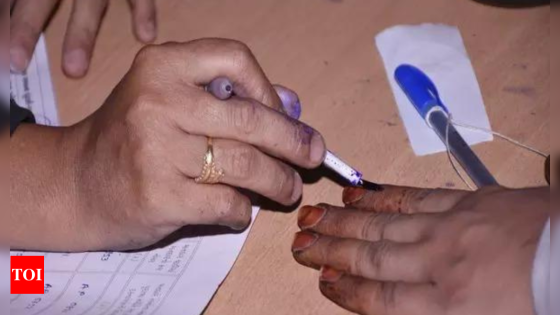The University of Iowa’s Physics and Astronomy Department has received a nearly $1.5 million grant from NASA to continue to advance scientific research and study of space equipment.
The federal funds will help connect and draw more students into the department, help facilitate the purchase of equipment to build research connected to future space missions and foster the “continued excellence” of the department, Associate Professor Casey DeRoo said. DeRoo is also the principal investigator of this grant award.
“This award actually gets us to the point that we can make substantial capital investments and (are) making sure that when NASA comes asking for particular instruments or particular science case, Iowa can answer in the form of building hardware,” DeRoo said in a press conference on Friday.
One of those projects focuses on the production of miniature “ring cores,” which are instruments attached to “miniature spacecraft” that will serve as “the future of space science,” UI said in a release.
More: Nearing the end of an era: 75-year-old City Park Pool is closing next month

A ring core designed and manufactured at the UI will fly in 2025 as part of a demonstration of the “TRACERS” project, a $115 million NASA contract awarded to the UI’s Physics and Astronomy Department in 2019. Researchers hope to better understand how “space weather” like solar winds, solar flares and geomagnetic storms impact the Earth’s magnetosphere.
From 2021: Could space storms affect life on Earth? University of Iowa researchers are trying to find out
Some funding will also go toward expanding the UI’s Edge of Space Academy, a two-week summer course held in Iowa City that brings students from across the country to design and research their own Earth or space-based mission.
A third specific use of funding will devote dollars toward “diffraction gratings,” which capture light from sources thousands of light years away. Prototype gratings are being manufactured and tested in a lab headed by DeRoo, and equipment purchased with award money would allow for cheaper parts manufacturing.


Miller-Meeks advocated for award, visits with physics department
U.S. Rep. Mariannette Miller-Meeks, who represents Iowa’s 1st Congressional District, toured the physics department’s various research areas in Van Allen Hall on Friday.
Miller-Meeks requested the funding as one of 15 included in the 2024 Consolidated Appropriations Act, an annual funding opportunity that directs federal money into congressional districts. The priority is to distribute the money throughout the counties in the district, Miller-Meeks said. This was Johnson County’s lone selected project as part of a $28 million award to the 1st District.
More: Swimming at these Johnson County beaches is not recommended for unsafe levels of E. coli
Miller-Meeks met with some of the students and faculty who are making these projects happen during her walkthrough of the building, which included visits with Professors Allison Jaynes and Jasper Halekas, Ph.D. student Cecilia Fasano and Aerospace Project Engineer Antonio Washington.
In hands-on demonstrations, Miller-Meeks walked and talked through the space-based research that this grant will continue to foster.
“I’m a visual learner, so it was always important for me to be in class or in the lab,” Miller-Meeks said. “And I think being able to give that opportunity to people to see space, not just way out there, but here, I think, is really important to attracting scientists here.”
More: Robert F. Kennedy Jr. suspends his presidential campaign, but might stay on Iowa’s ballot


DeRoo emphasized that point, referencing the long connection between the UI and space science over the past 60-plus years because of the pioneering work of James Van Allen, who helped lead the launch of the first American satellite into space.
“You see students who come in who think of space essentially as this abstract concept,” DeRoo said. “And you can show them, through the unique position of the University of Iowa and our state, this science was born here. Space physics was born at the University of Iowa through the legacy of James Van Allen. And you can let them hold and touch that history, which is really a special thing to be able to do.”
Ryan Hansen covers local government and crime for the Press-Citizen. He can be reached at [email protected] or on X, formerly known as Twitter, @ryanhansen01.
This article originally appeared on Iowa City Press-Citizen: University of Iowa physics department receives $1.5M in NASA funding
Source Agencies

